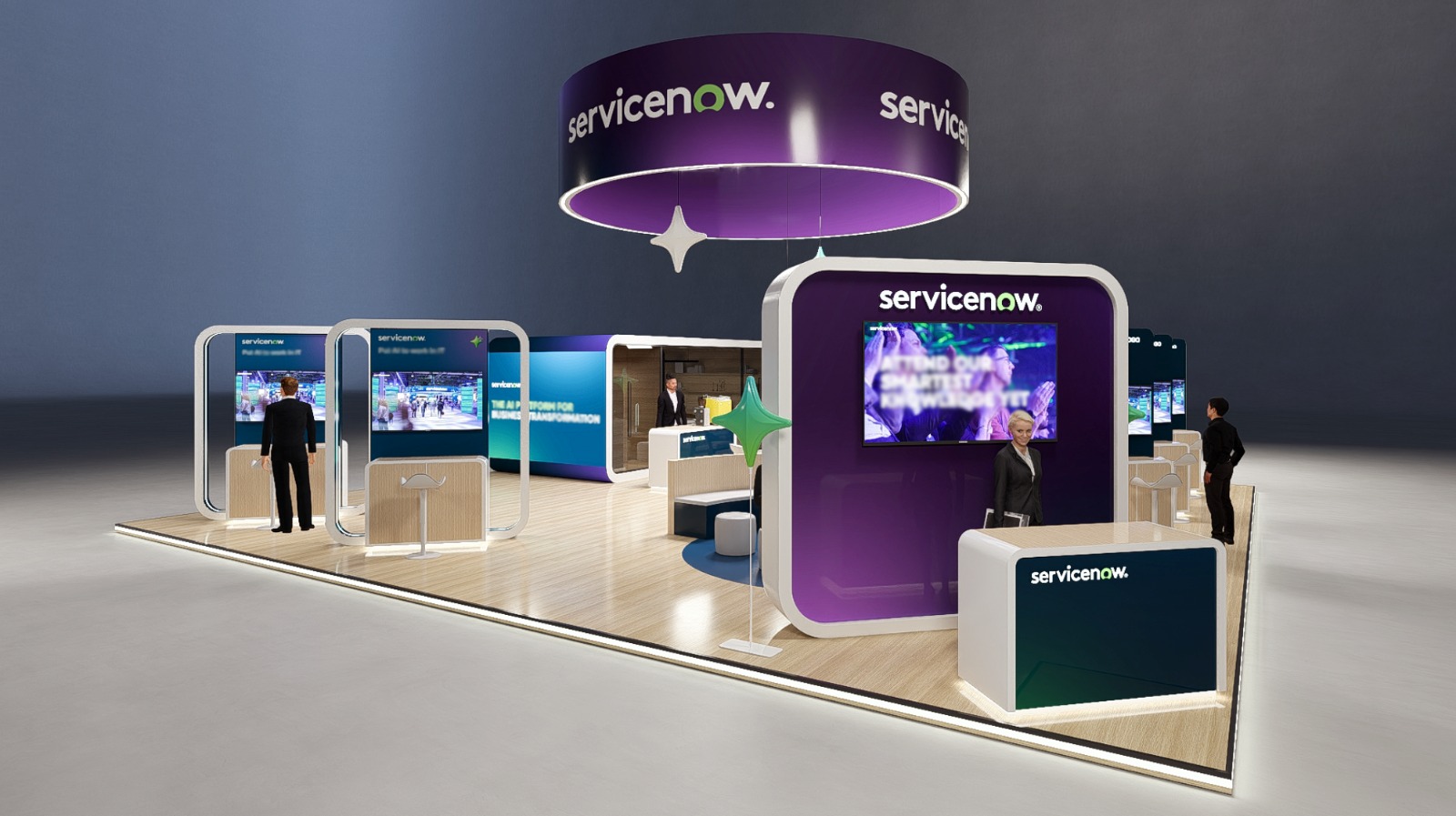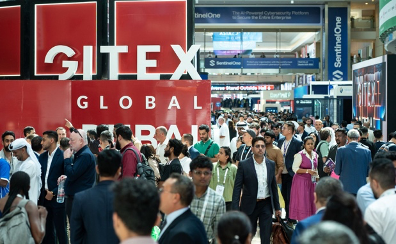Exclusive: TradeSocial Bets Big On Emerging Markets

For decades, international trade has been defined by rigid systems, confusing regulations, and a costly, paper-heavy bureaucracy that often leaves small businesses on the sidelines, especially in regions like Africa. But as digital infrastructure expands and cross-border commerce begins to decentralise, a new wave of platforms is emerging to break down those long-standing barriers. Leading that charge is TradeSocial, a logistics tech platform with ambitions far beyond managing shipments.
by Kasun Illankoon, Editor-in-Chief at Tech Revolt
“I always wondered why moving goods across borders was so much harder than hopping on a plane,” says Kacem Nasri, CEO and Founder of TradeSocial. His frustration with the opaque, jargon-filled world of international trade sparked the idea for a platform designed to simplify the entire process for small businesses. “It just felt unnecessarily difficult for everyday traders, and I wanted to change that.”
The result is a system built not for multinational corporations, but for businesses in remote towns, underserved regions, and emerging markets across Africa. Unlike traditional logistics services, which often struggle to adapt to the messy realities of cross-border trade, TradeSocial uses AI tools that constantly learn, adapt and personalise the logistics experience. Behind every click of the platform’s ‘Calculate your shipment’ button lies a complex engine processing live regulations, shipping options, costs and compliance requirements, all tailored to the trader’s exact product, destination and market.
But perhaps the most significant aspect of TradeSocial’s model is its focus on empowering African businesses not just to trade globally, but to trade within the continent itself. “A lot of digital trade tools have treated Africa as an afterthought,” Nasri admits. “We’re doing the opposite, Africa’s emerging businesses and unique markets are where our biggest growth potential lies.”
This strategy became clear when a tiny medical startup in Japan needed to ship a surgical prototype to the GCC and no shipper would touch it because of red tape. TradeSocial managed to clear the logistical minefield and deliver the equipment, a reminder of how removing trade barriers can literally save lives. It’s these kinds of stories that continue to shape the platform’s ambitions.
Africa’s untapped trade economy
While much of Africa’s trade narrative has historically been framed around exports to Europe, China, and the United States, Nasri believes the next revolution lies within Africa itself. “We’re seeing a hunger for intra-African trade, but the infrastructure, digital and regulatory, hasn’t caught up,” he explains. That’s why TradeSocial’s expansion into Morocco marks more than just another market for the platform. It’s a prototype for a licensing model that will allow local partners to operate bespoke versions of the platform, tailored to the needs and regulations of each African market.
In a region where weak digital infrastructure has often hindered trade progress, the company has prioritised building apps and web tools designed to work in low-bandwidth environments. Icon-based interfaces help overcome language barriers, while the platform automatically provides trade documentation guidance based on location and sector. This focus on accessibility, Nasri says, is about more than logistics, it’s about building long-term economic resilience.
Unexpected trade stories
TradeSocial’s pan-African focus has already revealed some surprising success stories. One of Nasri’s favourites involves a group of small-scale sauce producers from Eswatini (formerly Swaziland), whose idea of ‘international trade’ once extended no further than neighbouring South Africa. Using the platform, these suppliers began exporting to the Gulf region, a market they never imagined reaching.
“Some of the best sauces I’ve ever tasted come from Eswatini,” Nasri laughs. “It’s incredibly rewarding knowing we played a role in getting these unexpected, incredible products into new markets.”
But TradeSocial’s biggest surprise wasn’t in food or agriculture, sectors typically associated with Africa’s exports, but in pharmaceuticals. “It wasn’t a market we originally planned for,” says Nasri. “Yet small manufacturers of parapharmaceutical products started approaching us, and the demand was so strong we’re now pursuing formal partnerships in that space.” It’s a clear sign of how Africa’s trade future won’t necessarily follow the predictable commodity routes of the past.
Balancing speed and human touch
One of the longstanding criticisms of logistics automation has been the loss of personal service in a high-stakes, complicated business. Nasri acknowledges the risk but insists that TradeSocial was designed with a ‘human-first’ mindset. The platform offers localised support, often in partnership with trade groups and community trainers, creating a network of trade advisors embedded in the regions they serve.
“Automation is about clearing the tedious stuff so our people can focus on what really matters, guiding new traders and helping them understand their market opportunities,” says Nasri.
Looking ahead, Nasri envisions TradeSocial as much more than a logistics platform. “We aim to become the central operating system for African businesses engaging in international trade,” he says. That means offering not just logistics solutions but also market intelligence, trade finance access, and a platform for fostering intra-African trade partnerships.
If there’s one misconception Nasri is determined to correct, it’s that global trade is too complicated and too costly for small African businesses. “It’s been that way because no one’s built the tools to make it accessible,” he insists. “TradeSocial exists to tear down those walls and give every trader, no matter where they are, a fair shot at global markets.”








